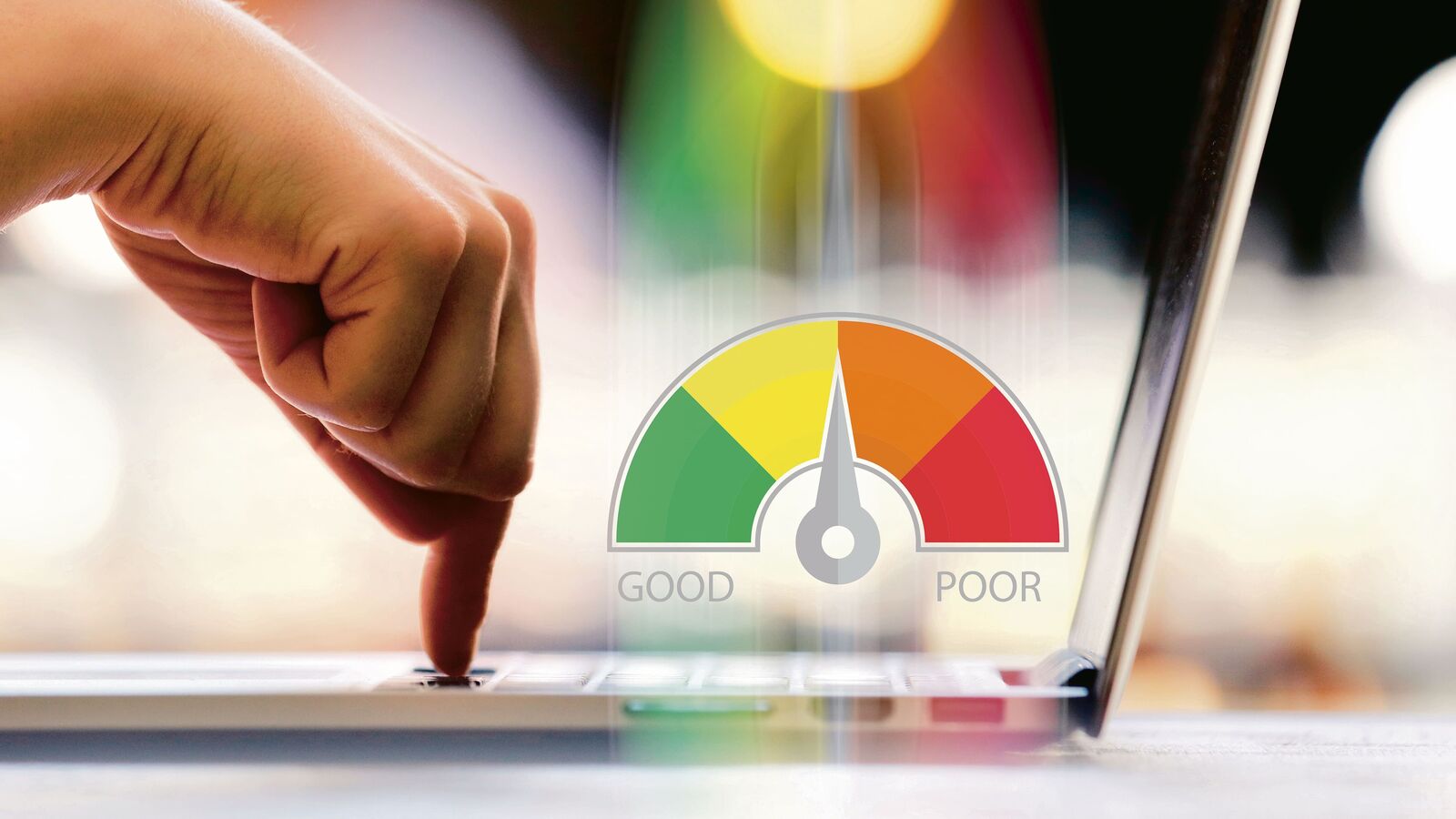Personal credit score vs business credit score: What’s the real difference?

If you run a small business or are self-employed, it is very important to know the difference between your personal and business credit scores. Each of these two identities of finance serves different purposes and can affect long-term financial planning, borrowing, and reputation.
What is a personal credit score?
Your personal credit score is a three-digit number that typically ranges from 300 to 900, and is a measure of your creditworthiness. It is based on:
CRIF High Mark, Equifax, Experian, and CIBIL update these reports. Lenders rely on this score to make decisions on personal credit products such as personal loans, credit cards, and so on.
What is a business credit score?
The company credit score of your registered business entity is a reflection of how financially secure it is, which is determined by the following:
- Repayment of company loans.
- Credit/loan facilities.
- Trade connections and fulfillment of suppliers’ credit terms.
- Registry data in relation to PAN and associations.
It is essentially run by bureaus that may be business-specific and is utilised when you apply for business loans, credit lines, vendor credit, and sometimes tenders and partnerships.
Impact of personal credit on business credit
- Even in the case of commercial loans, poor patterns of repayment on personal loans suggest a degree of risk, which could lead to delays in approvals or higher interest rates.
- If you have a high personal credit score, you may get personal guarantees for a better deal.
Impact of business credit on personal credit
- A business loan default may affect your personal credit score directly, particularly if you are the personal guarantor on the business loan.
- Robust business credit reports and financial discipline will help to protect your personal obligations from the liability of your business.
How to build and protect both scores?
Building your personal credit score
- Pay your personal credit card invoices on or before the due date.
- Keep your credit card usage below 30%.
- Diversify your credit mix (e.g., credit card, car loan, secured personal loan).
Building your business credit score
- Register formal business entities (proprietor partnership, Pvt Ltd) to enhance your company’s credit score.
- Open a transactional bank account in the name of the business.
- Create an invoice through the accounting channels and properly manage trade credit.
- Use NBFC partners or RBI-approved CIUs to launch your business loans.
In conclusion, the cornerstone of a business owner’s financial profile is made up of two related elements: the personal and business credit scores. Business credit reveals an entity’s financial maturity while personal scores indicate an individual’s reliability. By managing and monitoring both personal and commercial credit, business owners can enhance their credit report, safeguard their funds, and obtain better loan terms.
For all personal finance updates, visit here.
Disclaimer: Mint has a tie-up with fintechs for providing credit; you will need to share your information if you apply. These tie-ups do not influence our editorial content. This article only intends to educate and spread awareness about credit needs like loans, credit cards, and credit score. Mint does not promote or encourage taking credit, as it comes with a set of risks such as high interest rates, hidden charges, etc. We advise investors to discuss with certified experts before taking any credit.




